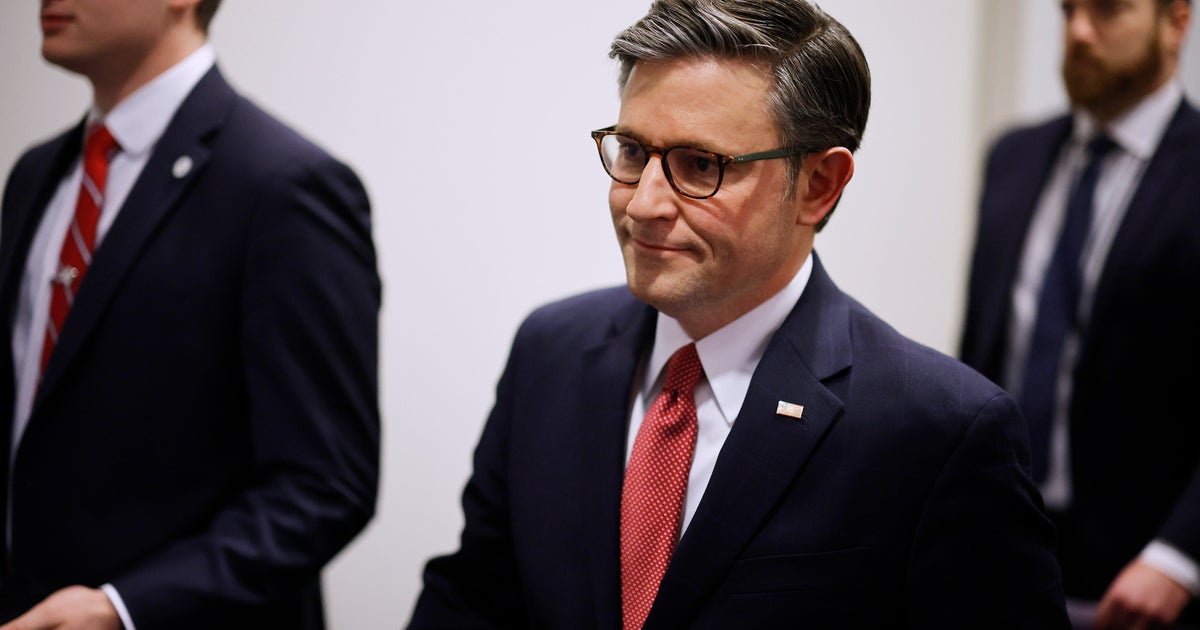
Washington — The House plans to vote Thursday on a temporary government funding patch as lawmakers bump up against another deadline to avert a partial shutdown.
The short-term extension would fund some government agencies for another week, through March 8, and the remaining agencies until March 22.
Congressional leaders announced the deal Wednesday evening, saying they “are in agreement that Congress must work in a bipartisan manner to fund our government.”
The agreement tees up a vote on six of the 12 annual spending bills before the end of next week. The leaders said the one-week extension was necessary to allow the appropriations committees “adequate time to execute on this deal in principle” and give lawmakers time to review the package’s text.
Lawmakers would then have two more weeks to pass the other six spending bills to fully fund the government until September.
The government has repeatedly been on the brink of a shutdown since the end of last September. Unable to pass the annual appropriations bills before the start of the fiscal year on Oct. 1, Congress has relied on short-term extensions, known as continuing resolutions, to keep the government operating.
If Congress does not approve the latest extension before Saturday, funding for transportation, housing, agriculture and veterans programs will run out. Funding for other agencies, including the Pentagon, lapses on March 8.
House Speaker Mike Johnson, a Louisiana Republican, proposed the latest plan after an “intense” meeting at the White House on Tuesday with the president, vice president and other congressional leaders. Lawmakers left the meeting optimistic about averting a shutdown before the deadline at the end of this week.
The new deadlines raise the pressure on the House to pass spending legislation amid Republican divisions. Negotiations over spending have been prolonged by House conservatives demanding steep cuts and policy changes while refusing to support any bipartisan legislation.
Johnson, overseeing a narrow House majority, has therefore had to rely on Democrats to pass the continuing resolutions that have funded the government in recent months.
House Freedom Caucus chairman Bob Good, a Virginia Republican, appeared disappointed in the deal, telling reporters Wednesday night that he hopes Johnson does not bring it up for a vote if a majority of Republicans do not support it.
“It seems right now what we’re doing is we’re doing what the Democrats want to do so that it will pass the Senate and be signed by the White House.
“It seems right now what we’re doing is, we’re doing what the Democrats want to do, so that it will pass the Senate and be signed by the White House,” Good said, noting that he would not vote for it.
The White House said Wednesday it was on board with the new tranche of funding, saying it “would help prevent a needless shutdown while providing more time to work on bipartisan appropriations bills and for the House to pass the bipartisan national security supplemental as quickly as possible.”
Jaala Brown contributed reporting.

